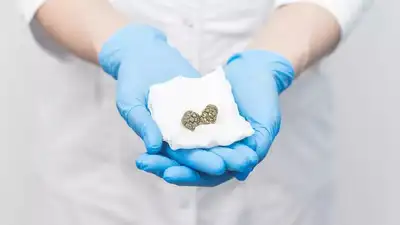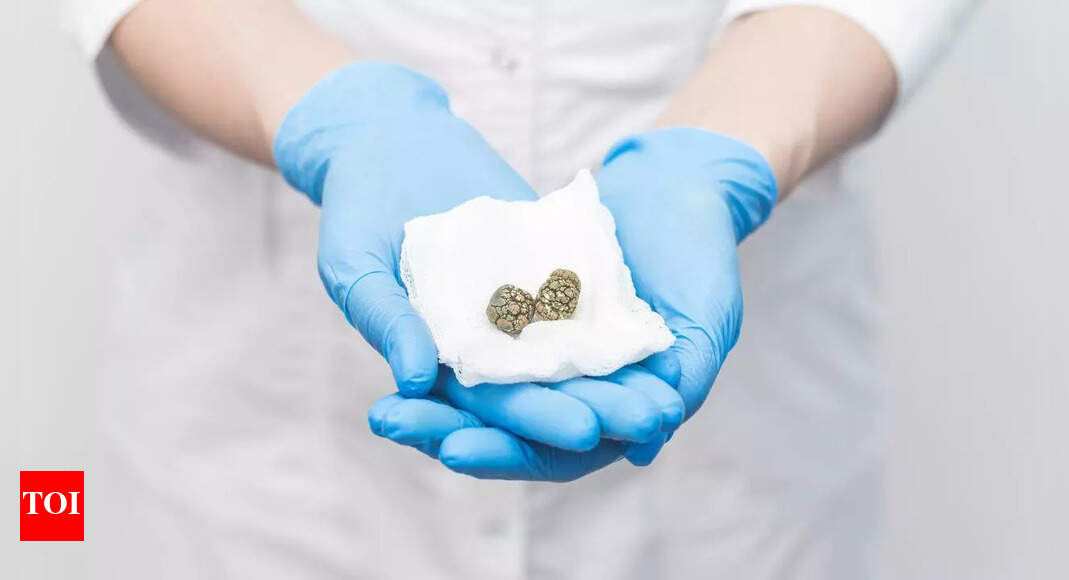
Gallstones are painful little troublemakers that form when your bile goes out of balance, typically due to too much cholesterol, not enough fibre, or poor bile movement. They can cause intense abdominal pain, bloating, nausea, and in some cases, even lead to surgery. But here’s the good news, your daily diet can play a huge role in preventing them and keeping your gallbladder healthy. The right foods can support smooth bile flow, reduce inflammation, and lower your risk of stone formation without needing drastic cleanses or expensive supplements. Whether you’ve had gallstones before or just want to avoid them, it all starts with what’s on your plate. Let’s break down exactly what to eat and what to avoid, plus one super simple table so you can remember it all at a glance.
Foods to eat for preventing gallbladder stones
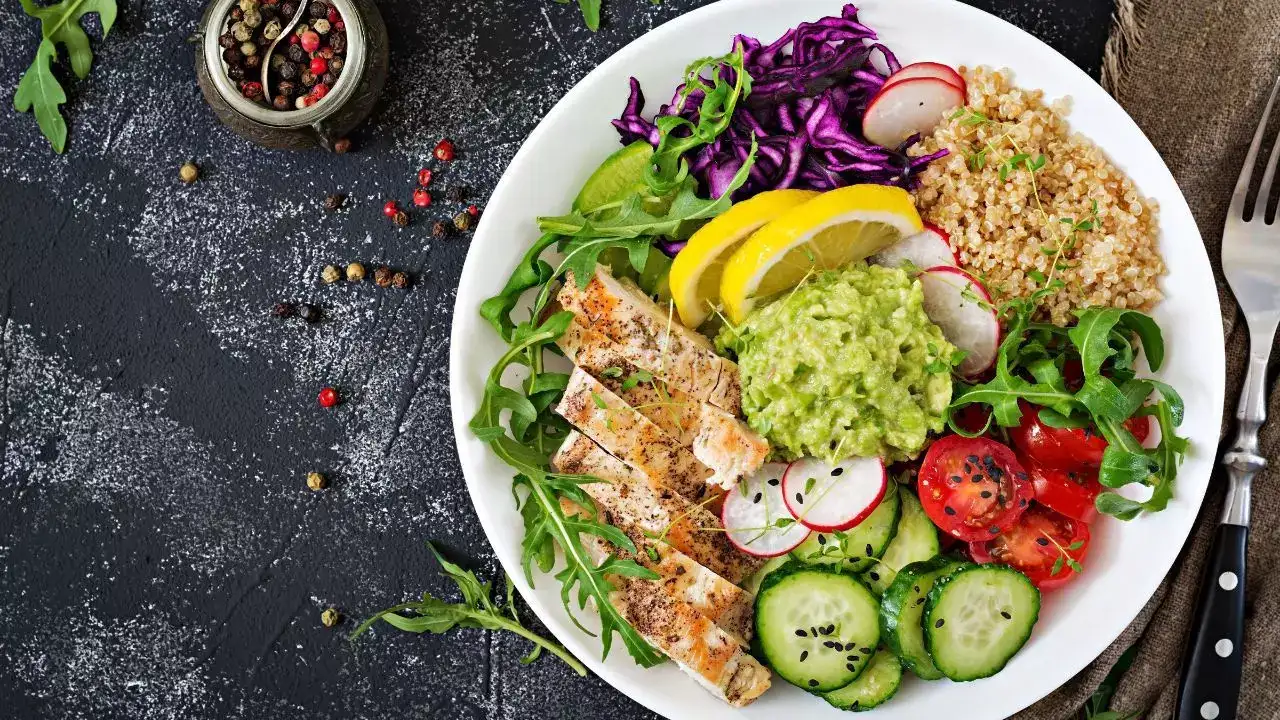
High-fibre foods (fruits, vegetables, whole grains)
Fibre helps your body flush out cholesterol and keeps your digestion regular, two things that directly reduce gallstone risk. Think: apples with skin, berries, carrots, brown rice, and oats.
Healthy fats in small amounts
Olive oil, avocado, flaxseed oil, these help trigger bile release and keep it moving. Just don’t overdo it; too much fat can backfire.
Lean proteins (fish, lentils, tofu, chicken)
Red meat is tough on the gallbladder. Swap it with fish rich in omega‑3s or plant proteins like lentils and chickpeas.
Vitamin C-rich fruits
Citrus fruits, kiwi, and bell peppers help break down cholesterol in bile and may prevent gallstone formation.
Beets and carrots
Easy to digest and packed with fibre, they support both the liver and gallbladder in bile production and flow.
Ginger and turmeric
These natural anti-inflammatories may soothe gallbladder discomfort and support digestion when used regularly in food or tea.
Water
It’s basic, but essential. Staying well hydrated helps thin the bile and keeps it flowing, lowering your risk of stones forming.
Foods to avoid for gallbladder stones
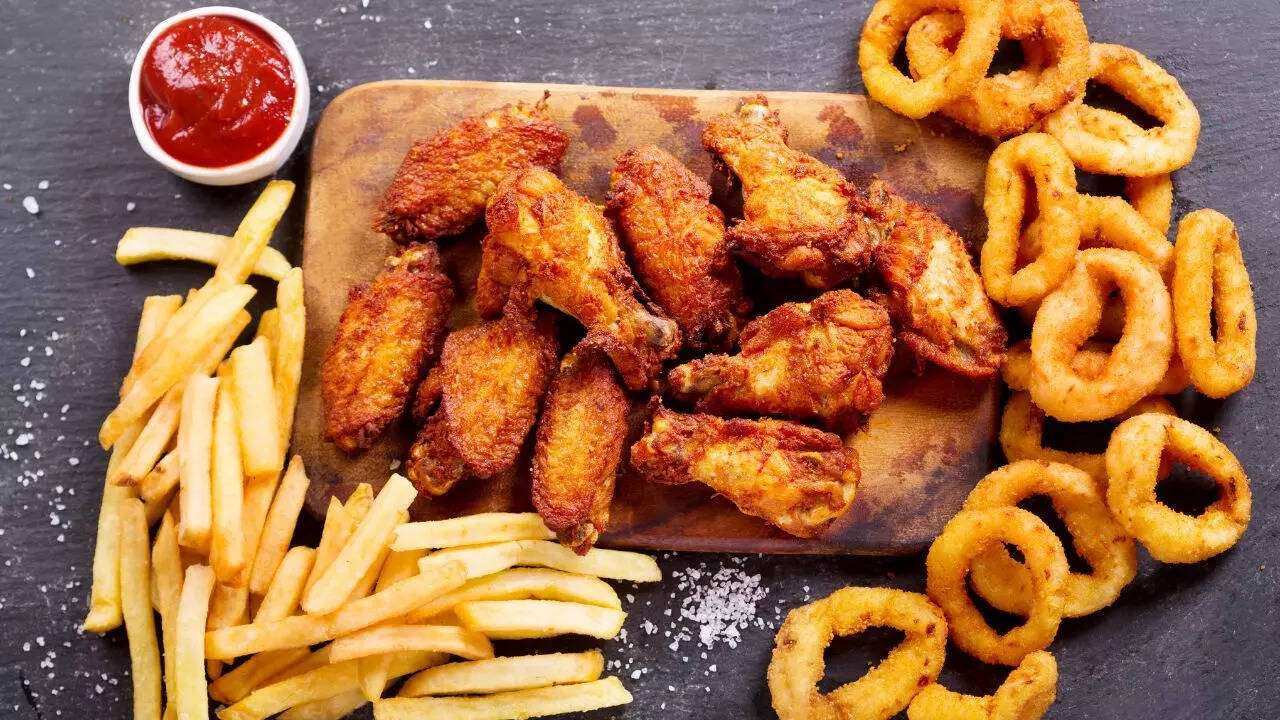
Fried and greasy foods
Samosas, fries, chips, anything deep-fried is your gallbladder’s worst enemy. These foods trigger excessive bile release and can bring on painful attacks.
Full-fat dairy
Cream, cheese, butter, whole milk, all high in saturated fats that make bile more sluggish and cholesterol-heavy.
Red and processed meats
Bacon, sausages, mutton, hard to digest and packed with cholesterol. Not ideal when you’re trying to avoid stones.
Refined carbs and sugar
White bread, bakery items, sodas, packaged sweets, these spike your cholesterol and slow digestion, a double-whammy for gallstone formation.
Excess egg yolks
Some people with gallstones find that egg yolks worsen symptoms. You can use egg whites instead if needed.
Solid fats like butter, lard, or margarine
These increase cholesterol in bile and thicken it, exactly what leads to stones.
Alcohol and crash diets
Alcohol inflames the liver and gallbladder. Rapid weight loss from extreme dieting pushes more cholesterol into bile, increasing your risk for gallstones.
Quick table: Foods to eat and avoid for gallbladder stones
Bonus tips for managing gallstones through diet
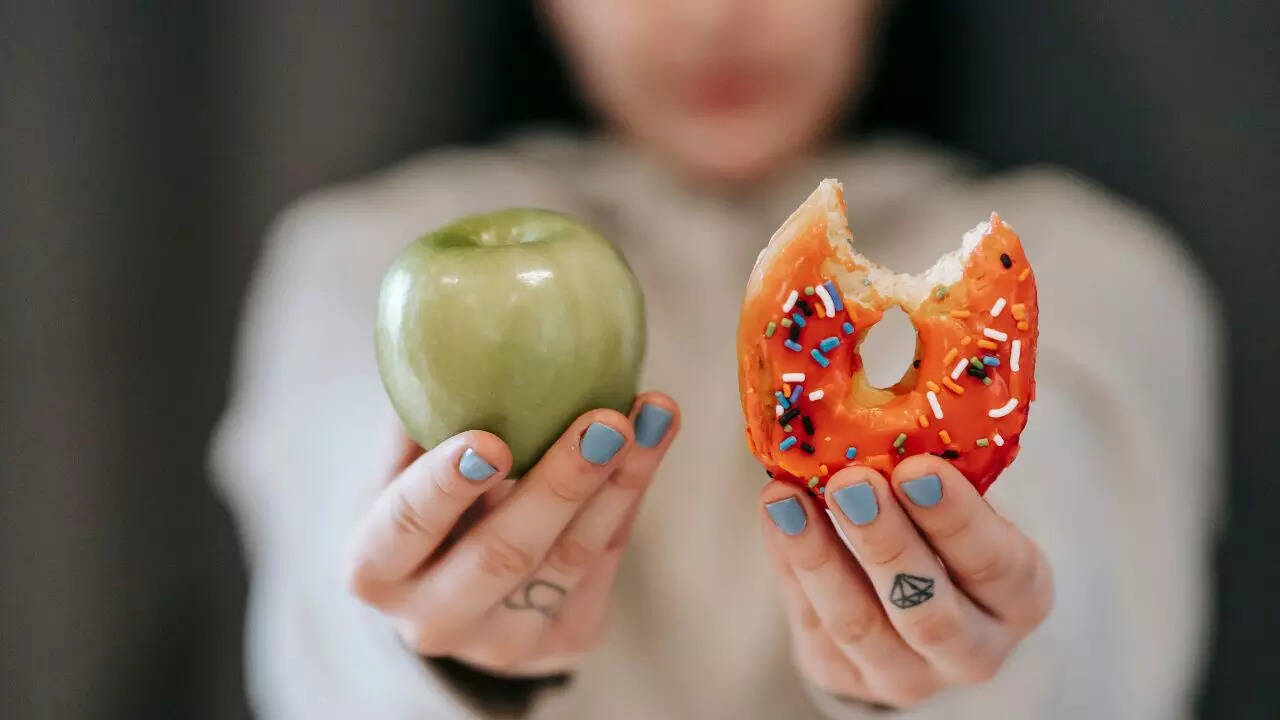
- Eat smaller meals more frequently instead of heavy, high-fat ones
- Don’t skip meals, fasting too long can actually trigger a gallbladder attack
- Avoid extreme low-carb or keto-style diets
- Include a good mix of fibre, lean protein, and moderate healthy fats in each meal
- Walk or move after meals to help digestion and bile flow
- Keep your weight steady, sudden drops can increase gallstone risk
When it comes to gallstones, food is both the problem and the solution. A diet rich in fibre, plant-based meals, and light on processed fats can reduce the chances of gallstones forming and help manage pain if you already have them. These simple swaps can go a long way in keeping your gallbladder healthy and pain-free.Also read| Top 10 countries that drink the most coffee per capita

